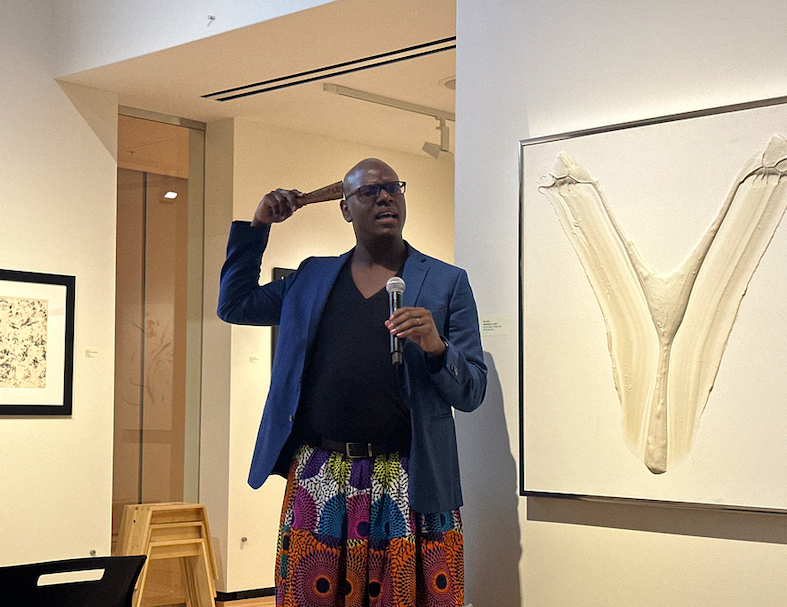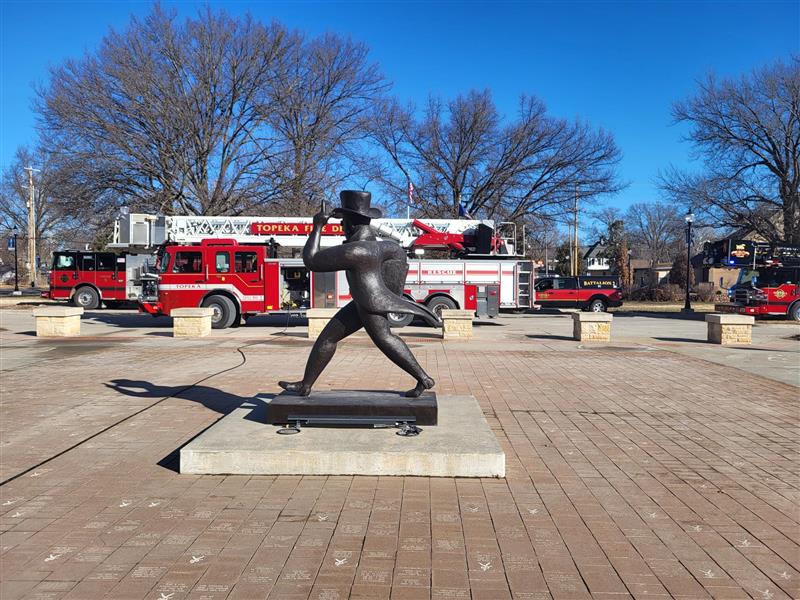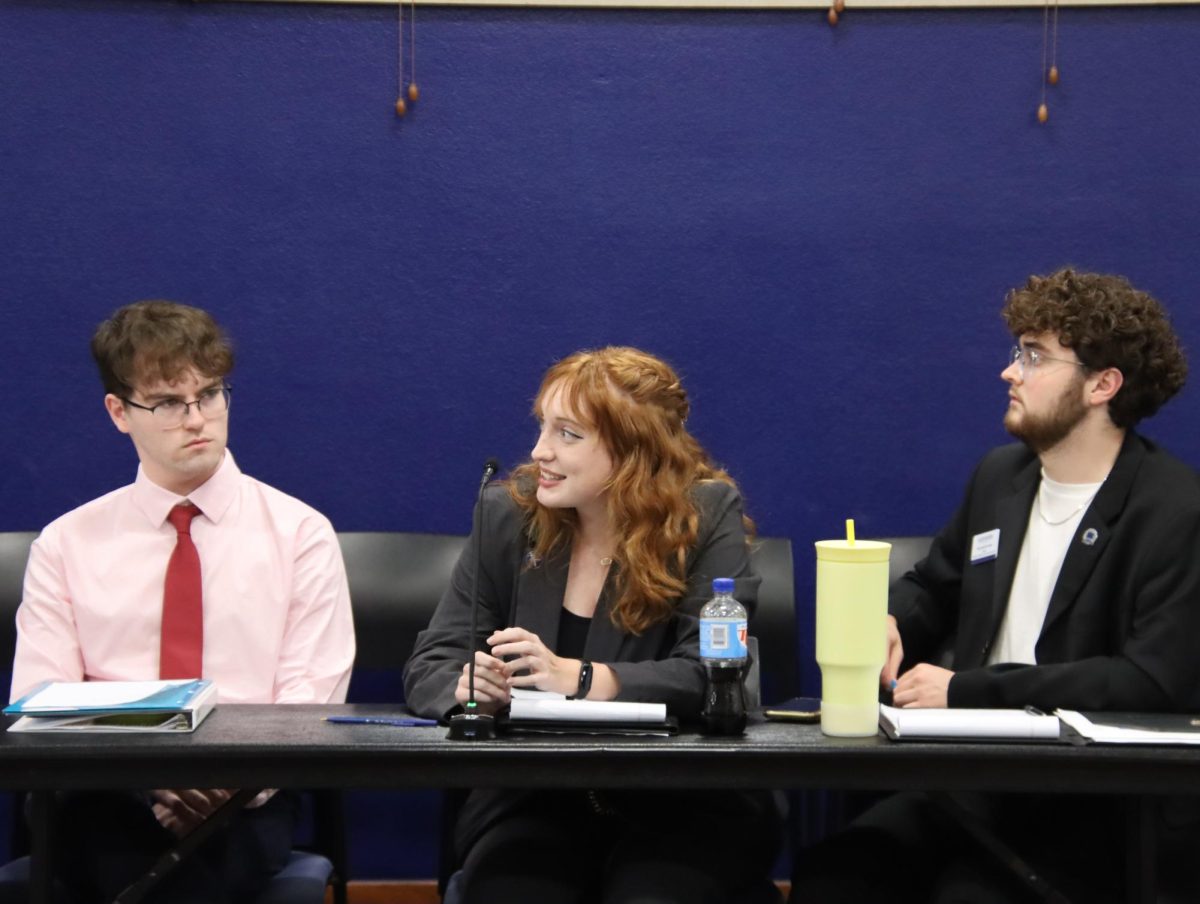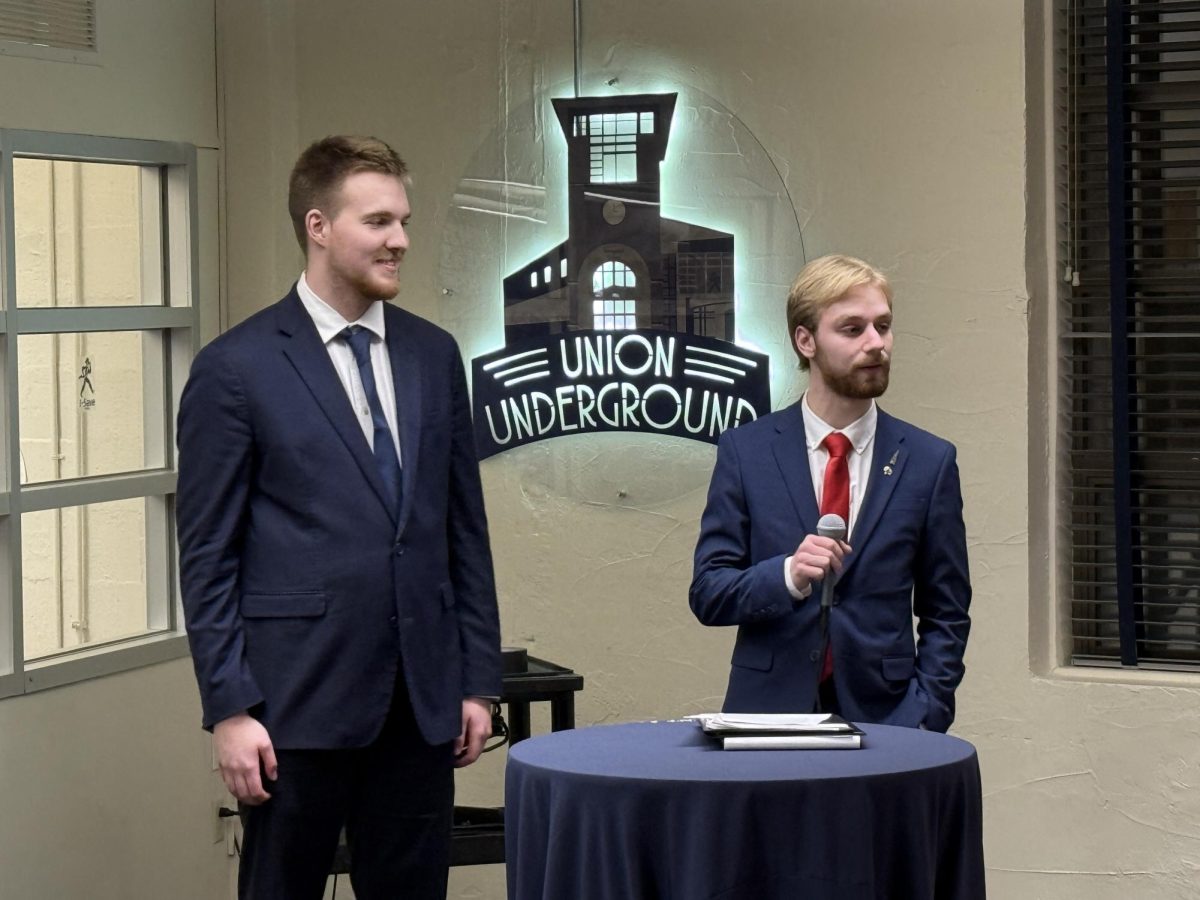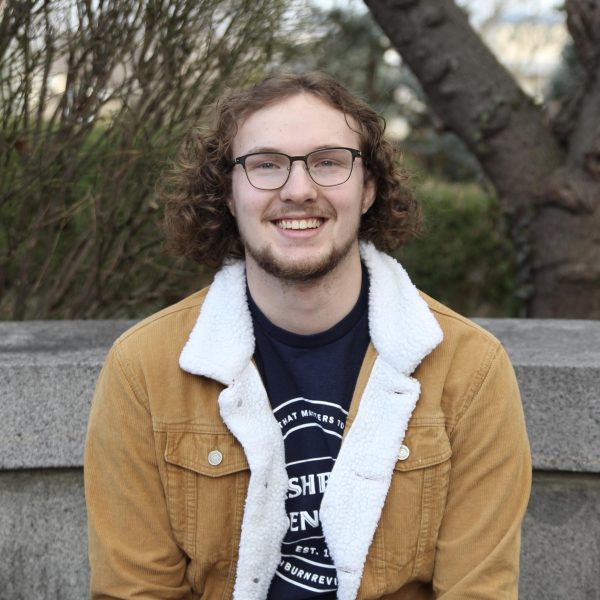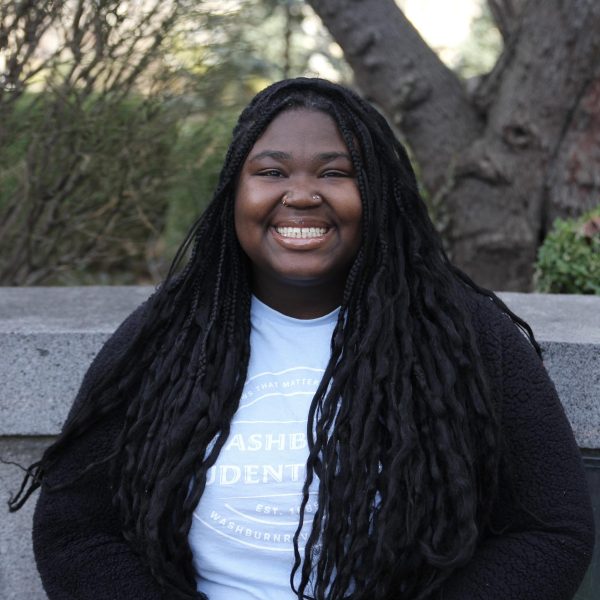Chris Hooten, an award-winning speaker, writer and educator on intersectional neurodiversity and LGBTQ+ inclusion, gave a public address Feb. 21 in the Rita Blitt Gallery.
Hooten’s presentation, named “Beyond the Binary,” was an attempt to educate attendants on the embracing of gender freedom amidst a changing landscape in the United States.
“Even if you aren’t a queer or transgender, you need to consider the expansion of gender,” Hooten said.
Hooten’s self-proclaimed tactic was not sugar-coated: “to make people uncomfortable, but with a smile on my face.” They did this by discussing sensitive topics involving gender discrimination that they have personally faced while coming to terms with who they are.
One of Hooten’s more prominent points that highlighted this was the rise of violent crime committed. According to Hooten’s presentation, transgender and non-binary people are 4.5 times more likely to be victims of a violent crime than anyone else in the United States. This is the opposite of what previous social justice movement data has provided, such as the Stop Asian Hate movement.
“Trans people have no stability in the US,” Hooten said. “[So] America has an opposite reaction to trans people because it makes them uncomfortable.”
Hooten also used the left-handed scare as an example. In the 70s, America stopped forcing children to be right-hand dominant and deemed left-handedness socially acceptable. In the following years, many more Americans came out as left-handed. These people weren’t appearing out of nowhere, they were voicing their involvement in an issue that had found national attention. The same situation is happening with the transgender community, only they aren’t being accepted: they’re being traumatized.
“Trauma doesn’t always come from something bad that happened,” Hooten said. “Trauma can occur when a good thing should have happened, but it didn’t.”
Hooten’s main attacking point to help solve gender discrimination in the US is to help the next generation.
“America loves the children, we all love the children,” Hooten said.
Giving children pride, confidence and power in their identities will pave a way for non-gendered and trans kids to grow up in a world without being scared of violence or discrimination, or at least that’s the hope.
“Using [their] correct pronouns gives them power that they otherwise will never have,” Hooten said.
Overall, the event was a success, especially for Kara Kendall-Morwick, professor of English and member of the WUmester committee.
“It was just amazing,” Kendall-Morwick said.
She had the opportunity to teach Hooten and was very excited to see them flourish in a field that is so needed in today’s fight for social justice.
“I always learn from my students, … but this is a first,” Kendall-Morwick said. “[They] have gone on to cultivate this expertise where they can come back and I and our whole community can learn from them.”
Kendall-Morwick and the WUmester committee plan to host many more events for students, staff and faculty to attend this semester, one of which involves an allyship workshop with Hooten that was held in the Memorial Union Underground Feb. 22 at noon.
Edited by Stuti Khadka and Aja Carter





